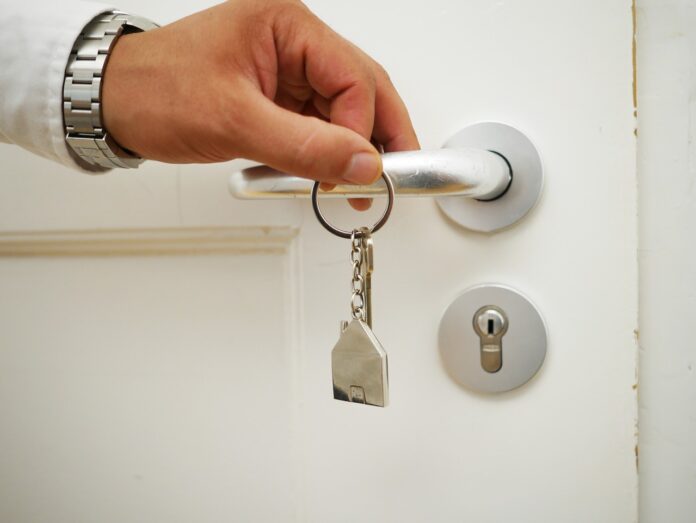Becoming a landlord for the first time can be both exciting and daunting. While renting out property can provide a steady source of income, there are a host of responsibilities and challenges that come with it. To help you navigate the journey, here are ten little-known tips tailored for UK landlords.
1. Understand Your Legal Obligations
As a landlord, you have a range of legal responsibilities under UK law. This includes ensuring the property meets health and safety standards, providing a valid Energy Performance Certificate (EPC), and protecting your tenant’s deposit in a government-approved scheme. Ignorance of the law is not an excuse, so take time to familiarize yourself with your obligations to avoid fines or legal action.
2. Consider Landlord Insurance
While standard home insurance may cover your property, it often won’t cover rental-specific risks. Landlord insurance is designed to protect you against issues like loss of rent, damage caused by tenants, and liability claims. It’s an extra expense but could save you significant costs in the long run.
3. Set Realistic Rent Prices
Research the local rental market to set a competitive yet realistic rent. Overpricing could result in long void periods, while underpricing means missing out on potential income. Use online tools, consult letting agents, or review similar properties in your area to gauge the right price. In rare cases, historical leases may include terms like “peppercorn rent,” where only a nominal amount is paid. While unlikely to apply to modern tenancies, understanding such terms can be helpful in niche situations.
4. Use a Tenancy Agreement
A written tenancy agreement is essential to outline the terms and conditions of the rental. While verbal agreements are legally binding in the UK, they can lead to disputes. A clear written contract protects both you and your tenant by clarifying responsibilities, notice periods, and other key details. Consider adding clauses specific to your property, such as rules about pets or subletting.
5. Screen Your Tenants Carefully
Rushing to fill a vacancy can lead to long-term headaches. Conduct thorough background checks on prospective tenants, including credit checks, references, and proof of income. A little extra effort upfront can help ensure you’re renting to someone who will pay on time and take care of your property.
6. Be Aware of Tax Implications
Rental income is subject to income tax in the UK, so you’ll need to declare it to HMRC. Keep detailed records of expenses like mortgage interest, repairs, and letting agent fees, as many of these are tax-deductible. It’s also worth seeking advice from an accountant to ensure you’re compliant and making the most of available allowances.
7. Inspect the Property Regularly
Regular inspections can help you catch small issues before they become major problems. However, you must provide tenants with at least 24 hours’ written notice before visiting the property, and inspections should be agreed upon in advance. Aim for a balance between keeping an eye on your investment and respecting your tenant’s privacy.
8. Plan for Unexpected Costs
It’s wise to set aside a contingency fund for unexpected expenses, such as emergency repairs or legal fees. Experts suggest budgeting at least 10% of your annual rental income for such situations. This cushion can prevent financial stress and ensure your property remains in good condition.
9. Build Good Relationships with Your Tenants
Maintaining a positive relationship with your tenants can make managing your property much easier. Open communication, prompt responses to maintenance requests, and fair treatment go a long way in fostering trust. The key to a successful tenancy lies in mutual respect and understanding.
10. Stay Up-to-Date with Changing Regulations
The UK rental market is subject to frequent changes in legislation. Recent years have seen updates on energy efficiency requirements, eviction rules, and tenancy deposit protections. Joining a landlord association, such as the National Residential Landlords Association (NRLA), can help you stay informed and access useful resources.
Final Thoughts
Being a landlord comes with challenges, but it can also be rewarding with the right approach. By following these tips, you’ll be better prepared to manage your property, protect your investment, and maintain positive relationships with your tenants. Remember, preparation and attention to detail are key to a successful rental experience.







